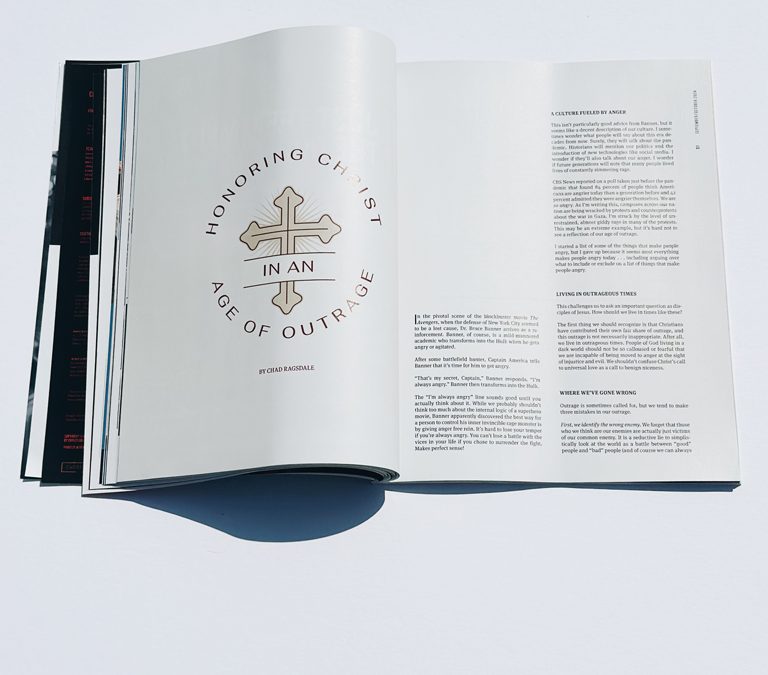7 Numbers that Explain the Benefits of Estate Planning
By D. Clay Perkins
Could your church or ministry use more money? Financial planning can advance your ministry, of course, but it can also benefit your donors!
Effective leaders do the right things consistently. They focus, among other things, on achieving long-term financial health for the ministry they serve. Mission and passion drive leaders to serve, but those alone won’t make them succeed. We serve a heavenly purpose, but each of us faces an earthly reality. Cash flow is “king,” even for faith-based, nonprofit organizations. Positive cash flow can be elusive, especially in faith-based charities. Long-term positive cash flow can be more elusive. But with deliberate effort and casting a wider net, we can develop better financial health.
Many leaders overlook a simple, proven method of achieving long-term financial security for their ministry: planned giving. Most ministries already have committed and generous donors. But ministries often don’t realize how much more effective they could be with a plan in place. An effective estate-planning component in your organization is a major part of building long-term financial stability. It helps committed donors and the ministry. Yet, despite decades of success, it is often ignored.
Estate planning seems easy for spiritual leaders to omit from their to-do lists. Unfortunately, this neglect can result in losing opportunities to benefit beloved ministries. An estate-planning ministry addresses this human reality: One out of every one person will die. Therefore, we each leave an estate, whether we plan for it or not. (And if we don’t plan for it, the government surely does.) So here are seven numbers every person needs to know. These numbers explain the benefits of being intentional in estate planning, and the loss from failing to do so. Let’s use them to address some questions: How much? Why? How? What’s the cost?
HOW MUCH?
$30 trillion: That’s how much money—$30,000,000,000,000 (with four commas)—will transfer from one generation to the next over the next several decades, according to the Wall Street Journal. Think about it, believers hold much of this wealth. If we asked, wouldn’t many Christians be willing to pass on some of their assets to faith-based charities they love? Churches, missions, and various Christ-centered nonprofits can be left estate gifts. And with the revised federal tax law, donors can leave even more to their heirs than was previously allowed. This is commonly called the “Golden Age of Planned Giving” (it really is . . . just do a Google search) with $9 trillion likely to be transferred in the next decade alone. Faith-based leaders can’t afford to ignore this number!
WHY?
230 Scriptures: Stewardship is one of the most talked about issues in the Bible . . . it’s found in 230 Scriptures (though counts vary). Some of my favorites are: “A good person leaves an inheritance for their children’s children” (Proverbs 13:22). “Be sure you know the conditions of your flocks, give careful attention to your herds” (Proverbs 27:23). “No man should appear before the Lord empty-handed. Each of you must bring a gift in proportion to the way the Lord your God has blessed you” (Deuteronomy 16:16, 17). And also, “But since you excel in everything—in faith, in speech, in knowledge, in complete earnestness and in love we have kindled in you—see that you also excel in the grace of giving” (2 Corinthians 8:7). Why be bashful talking about stewardship? If we don’t, then we aren’t telling the full story.
64 percent: Most Americans don’t have any kind of estate plan, according to a 2015 article in USA Today. Studies show that 64 percent of Americans, for whatever reason, have no will or trust. They have not taken care of guardianship issues for children. They have no advance health-care directives. If tragedy occurs, they are not ready. If they die of natural causes, and most do, they are not ready. We are missing a great ministry opportunity to help families prepare for critical life events. We owe it to our constituents to address this need for planning, even if they don’t leave a gift to the ministry.
100 percent: We all teach and desire for all of our members to give to our churches or ministry. And rightfully so. Your ministry is important in the kingdom of God. Your members give from their cash flow, whether that cash flow comes from salary, profits, or investments. However, often people manage much greater total assets than are reflected in the cyclical giving. Consider that their estate is the one and only time your members can give out of 100 percent of all they have, not just their cash flow. “It is at this point that we can be generous in ways only dreamed of when we were limited to our 10% pocket,” Mike Prior observed in a Church Executive article.
HOW TO DO IT?
20:28: Like Jesus, leaders need to focus on serving others (Matthew 20:28; Mark 10:45). Estate planning is about serving people. The focus is not fund-raising. Estate planning has a long-term view. Those who start an estate-planning ministry with the focus of raising money for current projects will likely flame out. Rather, estate planning is a long-term, savvy, strategic choice. Those who understand that this unique ministry is about serving others will succeed, and they will build long-term financial success for their ministry and the leaders who follow them.
2.74: Donors often leave estate gifts that are more than their lifetime “cash flow” giving. IRS data shows the number is 2.74 times a donor’s lifetime of giving, according to a post on the Planned Giving Blog. Think about that. You can help people pass on their values and not just their valuables. Donors can help the ministries they love in ways they never thought possible. I am a graduate of a small, faith-based college. Certainly, these are challenging times for such small colleges. I personally owe a debt of gratitude to my alma mater. It encourages me to know that just a small percentage of college graduates could truly make a significant impact to their college through estate giving. Would you be willing to help your donors make a difference?
WHAT’S THE COST?
4:1: If by now you are thinking, my ministry needs to offer estate planning opportunities to its supporters—good. You should. Simply stated, it works. But know the cost. For every dollar spent in estate planning you can expect to raise four. So when you talk with the various organizations offering this service, make sure you know the minimum expectations for your return on investment. For every $4 raised, expect to spend $1.
Convinced? Leaders do the right things to serve their ministries. Are you doing the right things? We all know that non-faith-based nonprofits have been building long-term financial stability through estate planning for years. Public and private universities for decades have typically received a third of their annual funding through bequests. Many noble, non-faith-based nonprofits (museums, zoos, hospitals, service organizations, etc.) will be asking their donors to remember them in their estate plans. I believe it’s time for faith-based leaders to do the same. And if we do, we will fund our long-term financial needs with a proven strategic choice.
Be intentional. Develop a ministry in planned giving. Ask your ministry donors to remember the ministry in their estate planning. You will first serve your members, since most of them have no plan established. And second, you will build financial strength for kingdom ministry for years to come.
Clay Perkins serves as executive vice president of Financial Planning Ministry. FPM facilitates and inspires biblical generosity with more than $1 billion in gift expectancies to Christian churches, their ministries and charities. Perkins previously served as president of Mid-Atlantic Christian University, Elizabeth City, North Carolina, and as senior associate with First Christian Church Ministries, Kernersville, North Carolina.





0 Comments